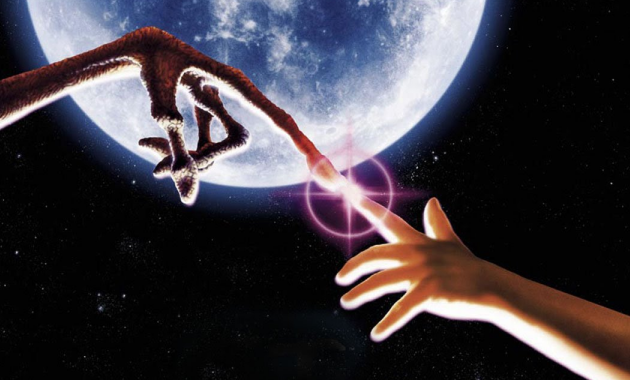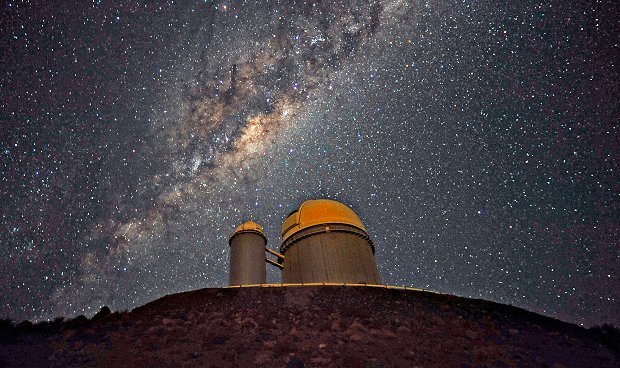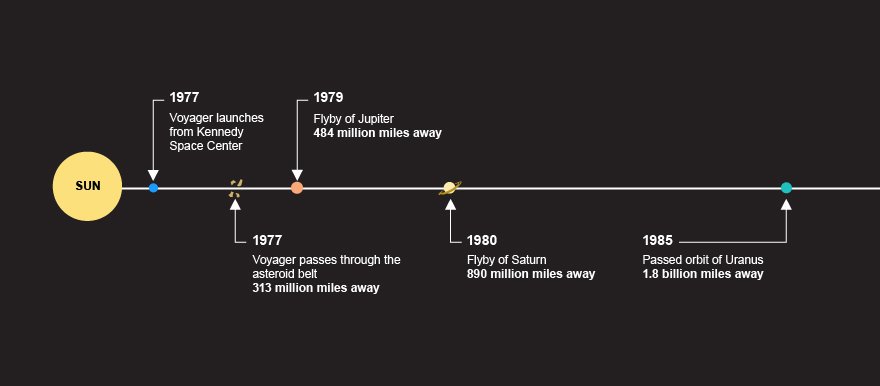I grew up on a generous diet of science fiction and have been mostly optimistic about our chances at contacting intelligent life beyond our own planet. I went through a phase in adolescence where I started to look at the question through a much darker lens, thanks to the plethora of conspiracy lore out there but in more recent years, I think the pendulum has found a comfortable resting place between the two extremes.

The Fermi Paradox is basically just that observation we all make when we go out into the wilderness and stare up at the stars on a clear night. We feel so small and insignificant in the greater cosmic picture and wonder why nobody has come to visit us from afar. It seems that there should be all kinds of "others" out there but we still have yet to detect any of them. What gives!?

There are various theories that suggest answers to this. Some say that ET life is just too rare or might not exist at all. Others suggest that we're just scattered too far away from one another for encounters to be feasible.
Some believe that intelligent species tend to destroy themselves in wars and catastrophic accidents. Natural disasters could be another common reason for their eventual extinction too, of course. It can be pretty crazy out there with all the giant fireballs, rocks, and ice blocks flying around.

The economic problems should never be overlooked too. Even if it's possible to develop a propulsion system capable of breaking the light barrier and thrusting us into someone else's back yard, how could it be an economically viable project? Such problems wouldn't be unique to us either. The laws of supply and demand would affect every other intelligent ET just as much as they affect us, after all. Where's the incentive? Curiosity and exploration are luxuries and pale in importance to more basic motivations like survival, procreation, and the pursuit of comfort.

Some suppose that ETs purposefully avoid us out of respect for our natural evolutionary path or even out of a reasonable fear that we're dangerous and would likely harm them. That suggestion is closely tied to the idea that aliens could already be here but choose to remain hidden... and of course, they could be malevolent shape-shifting reptiles here to farm our chi or steal our gold or whatever... and maybe the government's covering their existence up for some reason, right?

Anyway, my own opinion ties some of these ideas together with another one that I believe to be the fate of our own species. The great distances that separate us from any other advanced species in the universe present a monumental problem of economics and technology. Our ability to someday overcome this barrier looks pretty bleak when you take into account our achievements to date. In all this time, we've barely even managed to eject a hunk of space junk from our own solar system, which is a grain of sand in the ocean when it comes to scale.

Now let's look at a field of innovation that we have been making much better progress in: video games and virtual reality. In thirty years, we went from the green pixels of an Apple II to the vivid 3D immersion of [Oculus]( ). See where I'm going with this? From a technological and economic perspective, it's just so much easier to build a new virtual universe than it is to explore the physical one. Rather than achieving the abilities of intergalactic space travel to meet other advanced species, it's far more likely that everyone just builds The Matrix and climbs inside to achieve godhood whether its a great illusion or not. When the experience is perfectly realistic, does it matter that it's not real? Why waste all of our time and resources on developing better engines only to find a tiny fraction of what we imagine might be out there when we could build and experience everything we ever dreamed of in the digital equivalent of heaven?
). See where I'm going with this? From a technological and economic perspective, it's just so much easier to build a new virtual universe than it is to explore the physical one. Rather than achieving the abilities of intergalactic space travel to meet other advanced species, it's far more likely that everyone just builds The Matrix and climbs inside to achieve godhood whether its a great illusion or not. When the experience is perfectly realistic, does it matter that it's not real? Why waste all of our time and resources on developing better engines only to find a tiny fraction of what we imagine might be out there when we could build and experience everything we ever dreamed of in the digital equivalent of heaven?

You know how Amazon learns your taste in books in order to recommend other books to you that you will like? Well, what if The Matrix observed you so closely that it could keep your virtual avatar running after you died, as if you were still alive? What if it were such a convincing replica that nobody noticed the difference? The illusion of immortality could be so convincing that our brief little lives would seem perfect and we we'd live as gods during that time, perhaps never knowing the truth of our mortality. We could all go extinct and our digital avatars could continue functioning as AI forever...

Anyway, I've wandered off into science fiction territory with this but I actually do believe this to be the most plausible outcome for us now. When I see how eagerly people surrender their privacy for the fun and games of Pokemon Go and when I see how desperately we seem to want to escape the limitations of our feeble fleshy bodies, I can't help but think that The Matrix is just around the corner. We want heaven to exist so badly that we'll inevitably just build it ourselves.
